Fifty Top Content Management Systems

What do all Web businesses have in common, whether they are information publishers, service providers or ecommerce merchants?
Systems that help digital Web workers manage content in whatever form or type it is available.
Content management solutions are given a variety of names - from Web content management systems (WCMs) to enterprise content management systems (ECMs) to the whole host of variations. As you might imagine, this can cause quite a bit of confusion for technology buyers - regardless of how experienced and savvy they are.
While most misunderstandings are the result of these software providers' brand marketing teams struggling to find any way at all to differentiate their offering from the hundreds if not thousands of other vendors on the market today, from a distance these platforms aren't really that different - at least when viewed from a high level.
Content management systems act as the skeleton for a Web presence, providing a framework - if you will - for the future growth of a company's digital assets. If you have ever spent time analyzing the relative merits and drawbacks of popular content management systems, you will understand that some systems by their very nature are more robust than others. You'll find software platforms that aim to serve large enterprises with complex needs and sometimes even more complex organizational hierarchies. You will also find in your search for the ideal platform very simplified content management systems designed for specific tasks engaged in by emerging digital destinations that are stripped down to provide the bare essentials, simplified use and low barriers to entry.
The best content management system is the one that provides features that match the demands and growth projections of your enterprise. Some will be satisfied with open-source solutions while others will require higher levels of support, training and even maintenance. There's no "right" answer to this question, but there are many wrong ones.
Familiarity with your organization's objectives, as well as its current strengths and weaknesses, should be the first step - but there is a whole lot more. Website Magazine will address formal selection criteria for software systems that help Web businesses manage content in our July 2012 issue, so stay tuned - you will find practical guidance on choosing systems that will help support your growth.
In the meantime, let this edition of Website Magazine's Top 50, which focuses on the Web market's leading content management systems, act as a starting point for analyzing what's available in these important software solutions. You'll find immensely robust commercial solutions from some of the biggest companies in the world such as Oracle and IBM, as well as open-source solutions like WordPress, Joomla and Drupal that, for many of our readers, act as the backbone of their Web initiatives.
Do explore many of the others, though. Vendors such as Sitecore, Umbraco, ITX and Bridgeline are not just options, but increasingly becoming the biggest names in the content management space.
1. Adobe.com
2. Oracle.com
3. IBM.com
4. WordPress.com
5. Joomla.org
6. Drupal.org
7. OpenText.com
8. Autonomy.com
9. Concrete5.org 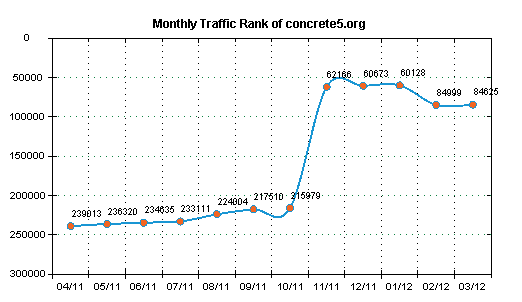
10. Clickability.com
11. Ektron.com
12. Plone.org
13. DotNetNuke.com
14. Alfresco.com
15. ez.no
16. ExpressionEngine.com
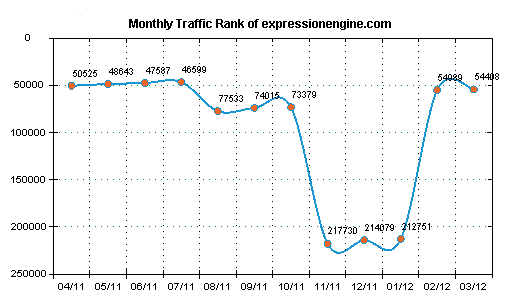
17. Xoops.org
18. SDL.com
19. Sitecore.net
20. Sitefinity.com
21. Kentico.com
22. Typo3.org
23. Silverstripe.org
24. Bridgelinedigital.com
25. CMSmadesimple.org
26. Umbraco.com
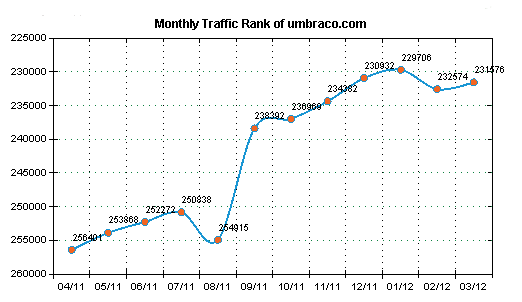
27. LightCMS.com
28. magnolia-cms.com
29. ITX.com
30. TextPattern.com
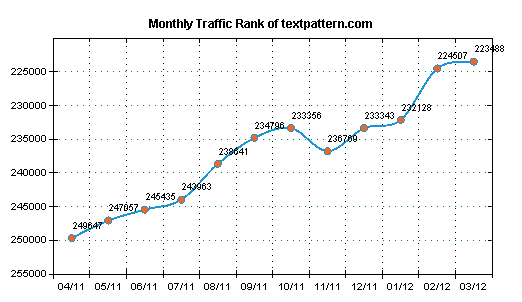
31. symphony-cms.com
32. Marqui.com
33. Nuxeo.com
34. EPiServer.com
35. Pivotx.net
36. Alterian.com
37. RadiantCMS.org
38. CrownPeak.com
39. Coremedia.com
40. SpringCM.com
41. Percussion.com
42. AgilityCMS.com
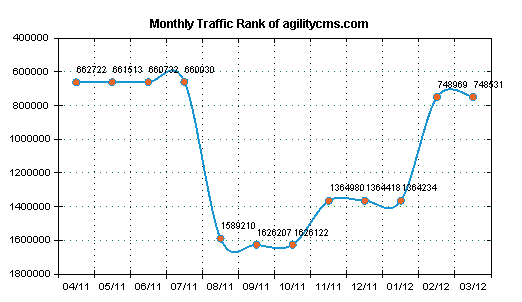
43. paperthin.com
44. Interwoven.com
45. OneHippo.com
46. CushyCMS.com
47. OpenCMS.org
48. ingeniux.com
49. Gentics.com
50. mambo-foundation.org











